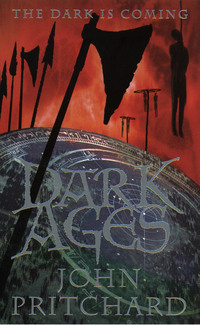Czytaj tylko na Litres
Książki nie można pobrać jako pliku, ale można ją czytać w naszej aplikacji lub online na stronie.
26,79 zł
Ograniczenie wiekowe:
0+Objętość:
774 str. 7 ilustracjiISBN:
9780008219499Wydawca:
Właściciel praw:
HarperCollins